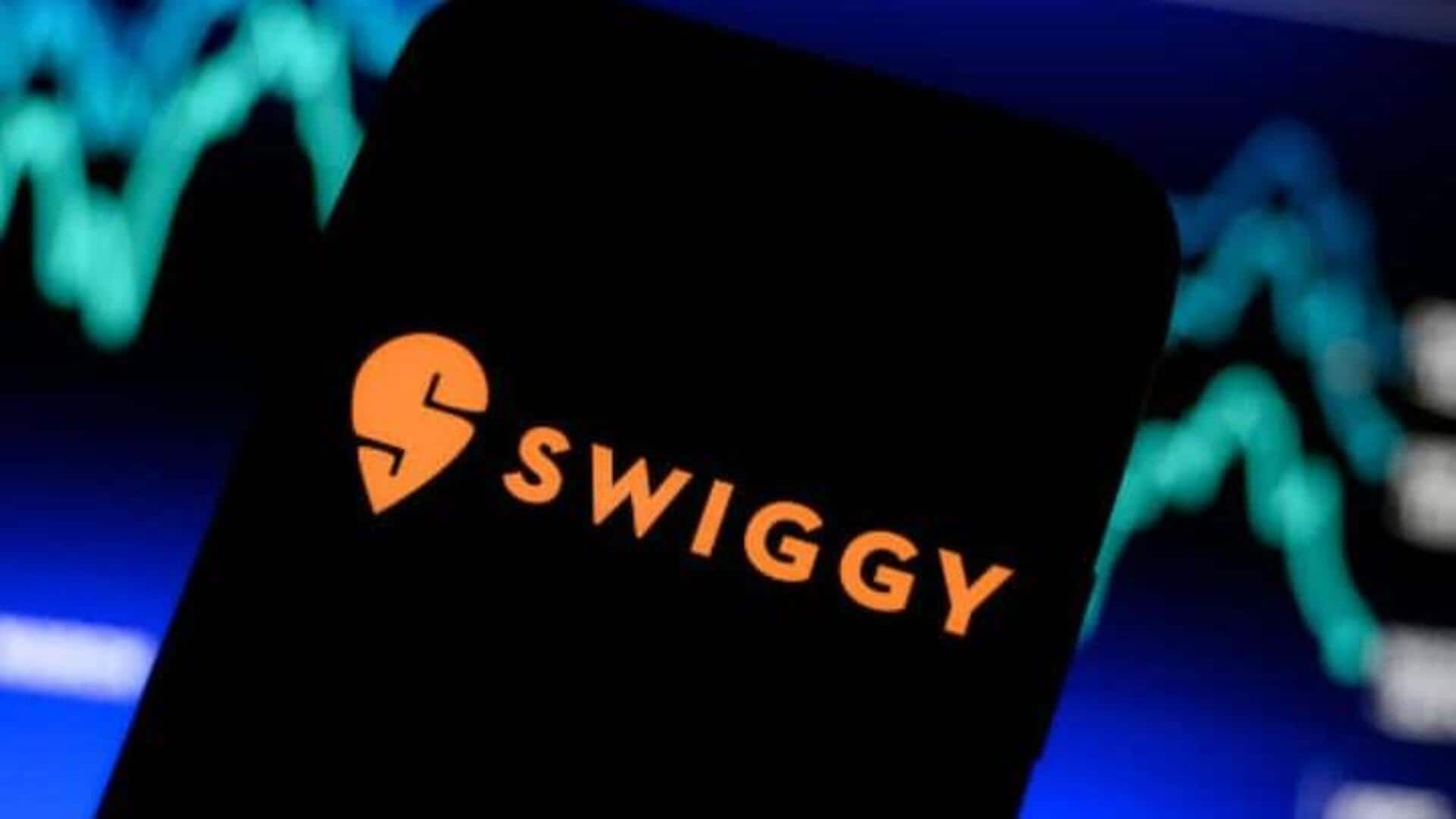
Why Swiggy has offered special protections to directors before IPO
What's the story
Swiggy, one of India's leading food delivery apps, has given some special protections to board members who represent its big investors—SoftBank, Accel, and Prosus. This move comes just before the company's initial public offering (IPO). These protections, known as indemnities, shield these directors from any possible violations that the company might have committed in the past or could commit in the future. This info was shared in Swiggy's draft red herring prospectus (DRHP) filed last week.
Director protection
Indemnities protect directors from company's compliance failures
According to the DRHP, the directors appointed by SoftBank, Accel, and Prosus won't be held accountable for any regulatory slip-ups. Instead, the other directors, including the founders, will take the heat for these oversights. This move is basically a safety net for the nominee-directors of private equity investors, protecting them from regulatory action due to the company's compliance failures.
Document details
Swiggy's offer document details indemnity agreement
Swiggy's offer document states, "The company shall indemnify and hold the Accel Director, MIH Director (Prosus) and SoftBank Director harmless from all claims and liabilities to the maximum extent permitted under applicable laws." It further clarifies that these directors will not be considered as officers-in-default of the company. They will also not be liable for any default or failure of the company in complying with provisions of any applicable law.
Share distribution
Prosus, Accel, SoftBank's director nomination rights and shareholdings
According to Swiggy's offer document, Prosus has the right to appoint up to two directors while Accel and SoftBank can nominate one director each. Prosus is the largest pre-IPO shareholder in Swiggy with a stake of 30.95%. SoftBank owns 7.75% and Accel holds a 6.08% stake in the company. The co-founders of Swiggy - Sriharsha Majety, Lakshmi Nadan Reddy Obul, and Rahul Jaimini - own stakes of 6.34%, 1.76%, and 1.14%, respectively, in the share capital.
Legal perspective
Indemnities cover limited scenarios, serious violations not included
Legal experts have pointed out that these indemnities are pretty limited, mainly covering things like breaches of the Companies Act. But when it comes to serious offenses, like breaking anti-money laundering rules or foreign exchange management rules, those protected board members can still be held accountable by regulatory agencies. The officer-in-default protection only kicks in if those directors didn't take part in or help with the violation in any way.